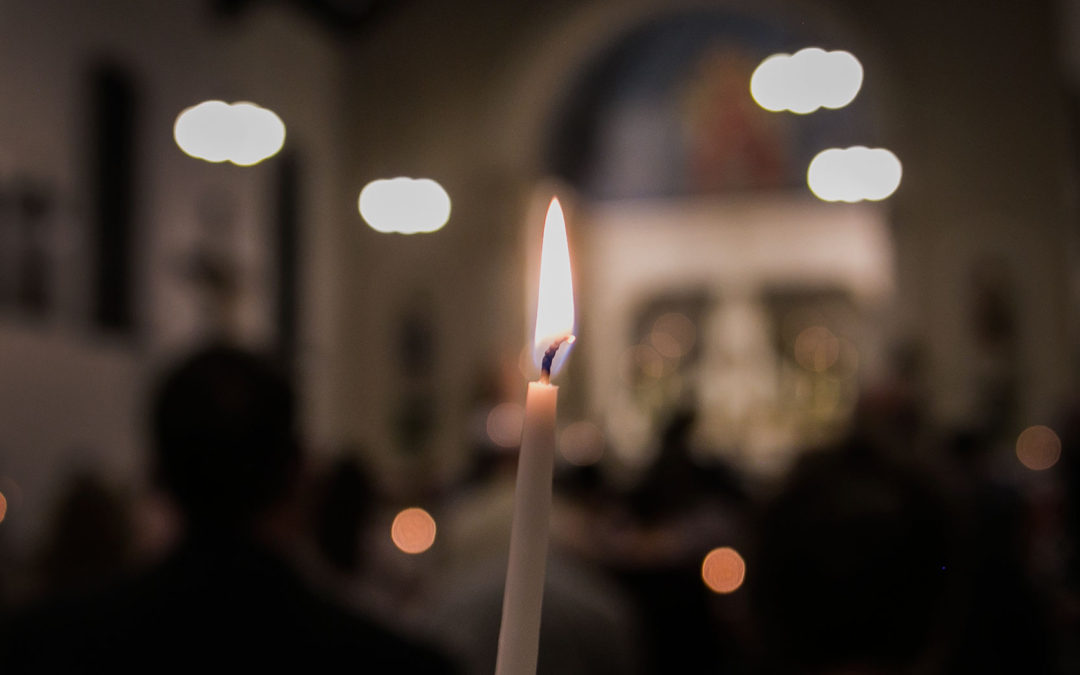Dear Friends,
I read a delightful book this past week. It is by Oliver Burkeman and it bears the title, Four Thousand Weeks. It is a book about time management, but rather than looking outward to productivity strategies, Four Thousand Weeks encourages an inner shift in perspective. It confronts a series of comforting illusions that many of us hold onto instead of confronting colder truths: that we will die not having done a tremendous number of things we care about; that every commitment we make to a person, place, or line of work rules out countless others that may fulfill us; that our lives are already ticking away; that we are limited creatures. He quotes philosophers, psychologists and spiritual teachers on this issue of how to spend our lives.
As Burkeman said in an interview, “I think it’s about acknowledging that we are finite, limited creatures living in a world of constraints and stubborn reality. Once you’re no longer kidding yourself that one day you’re going to become capable of doing everything that’s thrown at you, you get to make better decisions about which things you are going to focus on and which you’re going to neglect. Because if you’re not facing that truth, every time you have a new idea for some project you’d like to start, you’re going to err on the side of adding it to the list, because you’re not realizing I’m going to have to be neglecting something else in order to do this.” Sounds like basic good advice from someone who has contemplated the things Jesus taught about life.
Perhaps, because I once majored in philosophy, I think Burkeman does a great job of presenting some of the real dilemmas of life as he invites us to embrace the wonder of the short life – just four thousand weeks – that God gives us. He also presents some insightful reasons for why we may find ourselves embracing distractions. “So, I think the reason that we seek distraction is that working on stuff that we care about is often scary. It brings us into contact with all the ways in which we’re limited—our talents might not be up to what we’re trying to do, and we can’t control how things will unfold. If you’re writing a difficult article, you don’t get to know in advance that it’s going to come out well, which can make you feel constrained and imprisoned by reality. Meanwhile, the internet feels limitless, like you’re an all-powerful consciousness surfing the unlimited waves of the web and social media. It’s very relieving.”
Burkeman encourages people to look at life through the lens of reality and then to make good choices about what we are capable of accomplishing. If I could add a little more of a spiritual feel to the book, I would say that in the coming to awareness of the reality of our lives, we should make the important spiritual step of acknowledging our dependence on God, that we do not control our lives but that we need one who is greater and holds life in his hands. So much of the unhappiness and problems in our contemporary world comes from the arrogance of thinking that we are in charge. People make themselves into little gods with no care for others nor any sense of the limitations that life has placed on them. That stance leads to unhappiness. Great freedom and joy come from that first spiritual step of acknowledging that I am dependent, that I need help.
For a book that is not spiritual, I think this book offers some good, practical wisdom on how to live. If you choose to pick it up, you can learn why the central challenge of time management isn’t becoming more efficient, but deciding what to neglect; why, in an accelerating world, patience – letting things take the time they take – is a superpower; and why, in conditions of limitless choice, burning your bridges beats keeping your options open.
Have I piqued your curiosity?
Peace,
Fr. Damian



